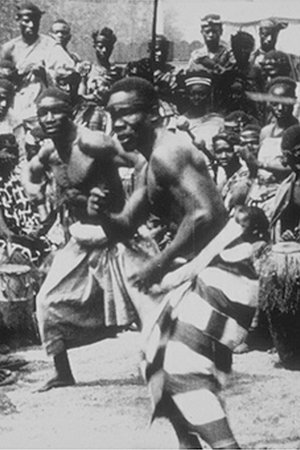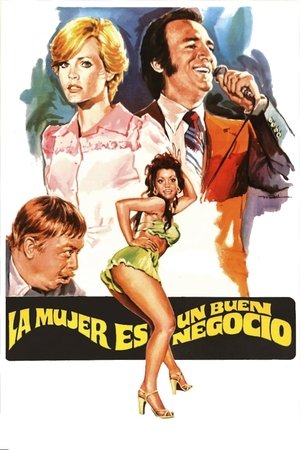
Daagi(2025)
Nishan spent more than twelve years behind bars. The story begins as he steps out of prison, only to find that the world he left behind has changed drastically. Society refuses to accept him as one of its own. Thus begins Nishan's struggle to survive in an unfamiliar world.



Movie: Daagi
Top 10 Billed Cast
Nishan's Mother
Video Trailer Daagi
Recommendations Movies
 8.6
8.6Utshob(bn)
On the eve of Eid, a grumpy, miserly loner Jahangir is visited by three mysterious guests, claiming to be ghosts. As they make him revisit his past, Jahangir is forced to confront the life he has built in bitterness and solitude. A heartwarming tale of regrets, memories and rediscovering love and laughter.
 9.0
9.0Borbaad(bn)
After a heartbreak by Nitu, Ariyan Mirza seeks revenge, guided by his father Adib Mirza's wisdom. Their story transforms from romance to violence, culminating in courtroom confrontations over justice.
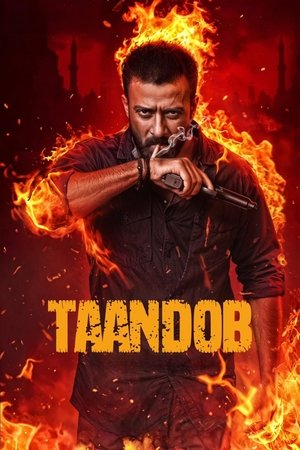 8.8
8.8Taandob(bn)
A young man named Swadhin moves to Dhaka after failing to secure 22 jobs. Pressured by his fiancée’s family, he has two months to find work. His journey takes a dark turn when he’s mistakenly detained, exposing him to systemic injustice and political unrest.
 7.7
7.7ΤΑΙΝΙΑ(el)
Thanasis, a rising movie star is excited about the new movie he is starring in. This movie is called FILM. The excessive ambitions and artistic vision of the director that will lead Thanasis to madness. He himself is determined to discover the secret of filming and ultimately the secret of life. In a film shooting nothing is as it seems.
Film(en)
"This piece, with the generic title Film, is a series of short videos built around one protocol: a snippet of news from a newspaper of the day, is rolled up and then placed on a black-inked surface. On making contact with the liquid, the roll opens and of Its own accord frees itself of the gesture that fashioned it. As it comes alive in this way, the sliver of paper reveals Its hitherto unexposed content; this unpredictable kinematics is evidence of the constant impermanence of news. As well as exploring a certain archaeology of cinema, the mechanism references the passage of time: the ink, whether it is poured or printed, is the ink of ongoing human history." –Ismaïl Bahri
Post Mortem, America 2021(en)
Lucille (Linnea Quigley) is murdered by crime boss Severin (Jim O'Rear) and his thugs, goes to hell and returns five years later as a demon / zombie to get her revenge.
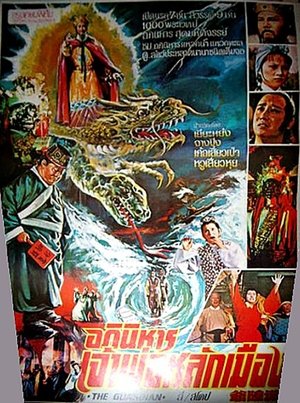 10.0
10.0The Guardian(zh)
Taiwanese fantasy film from Yu Han-Hsiang, director of REVENGE OF THE SHAOLIN KID (1978), BURNING OF THE RED LOTUS MONASTERY (1982) and THE DWARF SORCERER (1974)
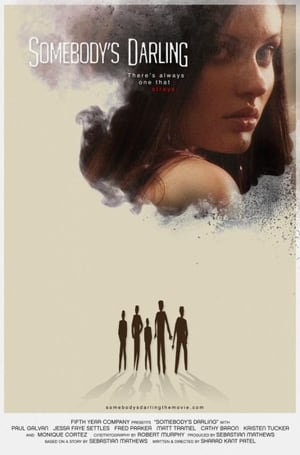 5.0
5.0Somebody's Darling(en)
A fraternity president becomes obsessed with a young coed but his hopeful courtship decays into sinister pursuit as unnatural secrets surface about his brotherhood.
 7.3
7.3Like A Rolling Stone: The Life & Times of Ben Fong-Torres(en)
Suzanne Joe Kai’s intimate documentary shows us how the Rolling Stone writer and editor defined the cultural zeitgeist of the ’60s and ’70s.
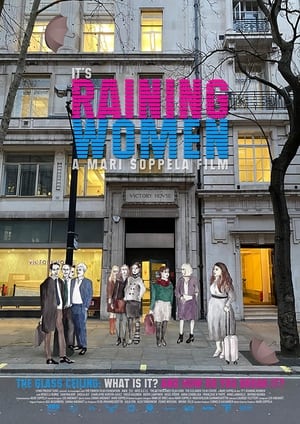 7.0
7.0It’s Raining Women(fi)
The documentary by Mari Soppela focuses on glass ceilings, a metaphor for the invisible borders between men and women in work life. Talk about glass ceilings is usually associated with women’s opportunities to advance to well paid managerial positions, but the documentary connects itself more broadly to the structural problems of work life from women’s perspective. Glass ceilings are long trials about equal pay, having to continually prove one’s skills, and 85-cent euros. The topic cannot be handled without intersectional crossings: what are invisible glass ceilings for some, are solid concrete for others.
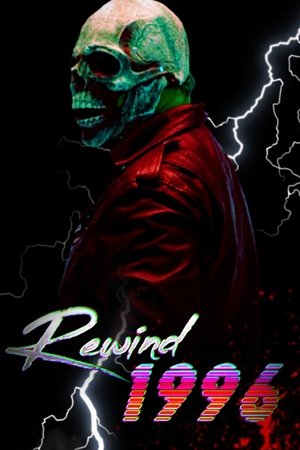 3.2
3.2Rewind 2: 1996(en)
When Marty's car is stolen, he sets out on a mission to find it; however, he soon realizes that the person who stole it is much more dangerous than he thinks.
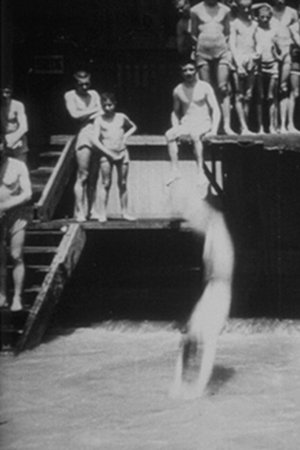 3.3
3.3Bains sur le Rhône(en)
Bains sur le Rhône short film from 1896 by Louis Lumière.
 5.3
5.3Wahadełko(pl)
Michal Szmańda suffers from epilepsy, depression and other conditions. He is cared for by his sister Aniela. The only bright ray in her life is the "garden" arranged in the kitchen. They do not live with their mother. When they were children, and this was in Stalinist times, the mother was a labor leader. Possessed by the new ideology, she neglected the house and children. When little Michael was sent to a sanatorium, his mother did not visit him at Christmas. This caused trauma for the rest of his life.












